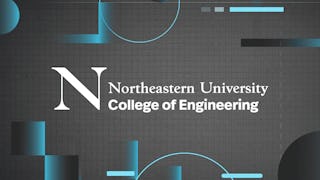The study of algorithms is a significant part of the foundation for the discipline of computing. Over
the past several decades, research in algorithmic computer science has advanced at a rapid pace its contributions have had a profound impact on almost every area of science and industry. In this graduate-level course, we aim to provide a modern introduction to the study of algorithms that is both broad and deep. The primary goals of the course are: (1) to become proficient in the application of fundamental algorithm design techniques, as well as the main tools used in the analysis of algorithms, (2) to study and analyze different algorithms for many of the most common types of “standard” algorithmic problems, and (3) to improve one’s ability to implement algorithmic ideas in code.


















